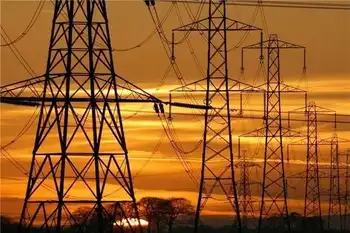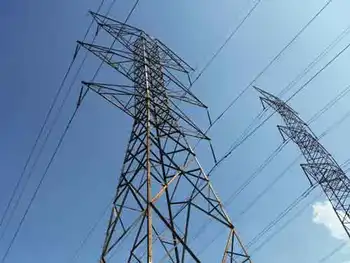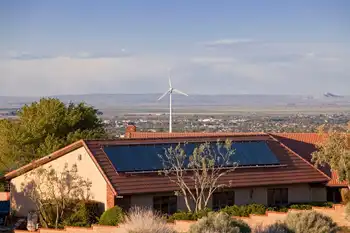Opel installs 13 MW of solar cells at German factories
Together with Tauber-Solar Management GmbH and component manufacturer Solon SE, Opel will install solar panels on the roofs of the Ruesselsheim and Kaiserslautern manufacturing sites.
The total area of the solar modules in Ruesselsheim will be about 225,000 square metres and will generate 13 megawatts (MW) of power, reducing carbon-dioxide emissions by about 7,500 tons per year. Work began in July, and the first panels are being installed now. The Opel solar project will continue with the manufacturing site at Kaiserslautern.
Opel already generates 10 MW of solar power at its factory in Zaragoza, Spain.
A forerunner of Opel's increased use of solar power can already be seen in front of the Adam Opel headquarters in Ruesselsheim: A so-called solar mover was installed. This photovoltaic system rotates on two axes, constantly following the position of the sun.
Planning and management for the project will be led by Tauber. Solon SE will supply the solar elements and the mounting technology. The efficiency level of the German-produced solar cells is 18%. Once finished, the production site in Ruesselsheim is expected to produce 12.35 million kilowatt-hours (kWh) of energy from sunlight. Any unused electricity will be added to the local grid.
Solon SE was founded in 1997 and is one of Europe's leading manufacturers of solar modules and suppliers of photovoltaic systems for large-scale solar power plants. The Solon Group has subsidiaries in Germany, Austria, Italy, Switzerland and the U.S. The group's revenue for 2008 was $1.17 billion (811 million euros), more than 60% of which was generated outside Germany.
In 2009, renewable energies accounted for 16% (93 billion kWh) of Germany's electric power consumption, according to the German Association of Energy and Water Economy. Wind energy contributed 6.4%, followed by biomass (4.4%), hydropower (3.3%), solar power (1%) and waste-to-energy (0.9%).
Related News

Iran supplying 40% of Iraq’s need for electricity
TEHRAN - “Iran exports 1,200 megawatts to 1,500 megawatts of electricity to Iraq per day that is dealing with severe power shortages and frequent blackouts,” Hamid Hosseini said.
As he added, Iran also exports 37 million to 38 million cubic meters of gas to the country.
On September 11, Iraq’s electricity minister, Luay al Khateeb, said the country needs Iranian gas to generate electricity for the next three or four years.
Iraq was exempted from sanctions concerning Iranian gas imports; however, the U.S. has been pressing all countries to stop trading with Tehran.
Iraq's population has been protesting to authorities over power cuts. Iran exports…




